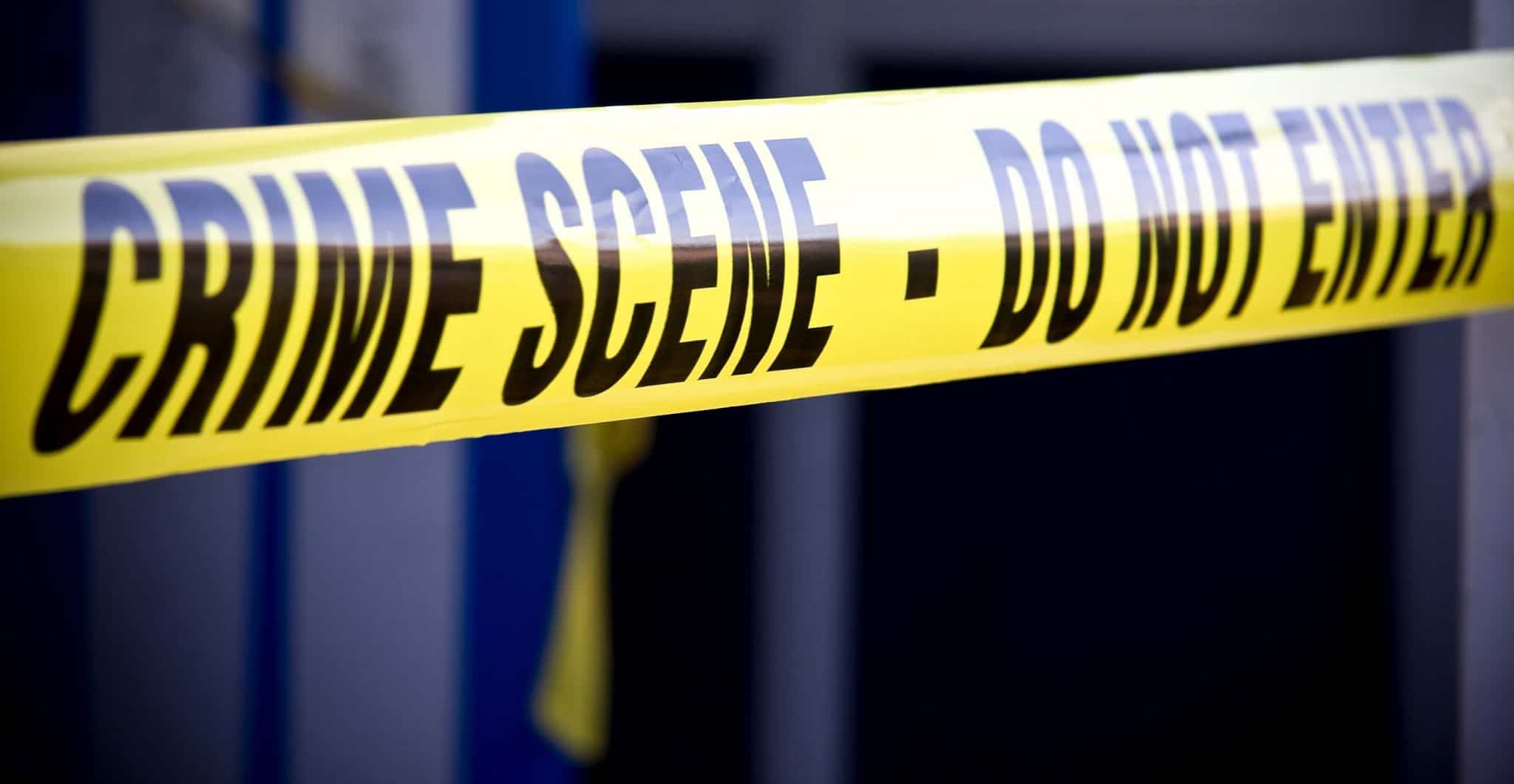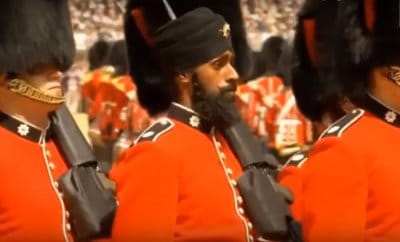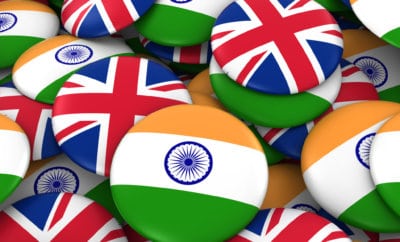Crime
How Pak Blocked UK’s Efforts to Nab Indian Diplomat’s Killers

Representational Image
Diplomat Ravindra Mhatre’s murder by 'Kashmiri extremists' in Britain had drawn public ire.
The murder of Indian diplomat Ravindra Mhatre by three suspects from Kashmir Liberation Army (KLA) had caused sensation in India, which involved public cry for hanging of Azad Kashmir extremist Maqbool Butt in revenge.
Mhatre, 48, posted in Birmingham for about 18 months, was kidnapped on February 3. His body was found with two shots in the head in Leicestershire two days later. KLA had kidnapped Mhatre to demand the release of Maqbool Butt hijacker of Indian Airlines to Lahore in 1976 and seven Kashmiris who were involved in the 1983 violence of one day cricket match in Srinagar played against West Indies. Maqbool Butt was in Tihar jail then, awaiting his death sentence for murder, arson and anti-national activities. With the shockwaves Mhatre’s murder made in India, Maqbool Butt walked to the gallows on February 11.
According to locations provided by West Midlands police, the three suspects had fled to Pakistan-Occupied Kashmir. At that time, Pakistan government’s reaction was subdued. Statements from politicians had shown keenness in not adding to Indo-Pak tensions.
Now, newly declassified files reveal, according to a Hindustan Times report, that Pakistan denied their presence repeatedly and cited difficulties in tracing them to UK authorities.
What the Declassified Files Say
The documents say that in August 1984, UK had requested the Pakistan government to initiate extradition proceedings against the three. The Pakistan government agreed “should it be established that the accused are in Pakistan.”
The documents further say that British ambassador Richard Fyjis-Walker wrote to the foreign office on January 17, 1985:
“(Pakistan’s additional foreign secretary for European affairs) Dr Haider told me today that President Zia has accepted the MFA’s recommendation that extradition proceedings should be started. However, the first step was to establish whether the three men are in Pakistan. This involved police action which was being initiated. Only if it is established that the men were in the country could the lengthy extradition process start. I am not sure how seriously the Pakistanis will try to find and apprehend the men.”
On March 4, 1985, after over a year of the murder, Fyjis-Walker wrote in a dispatch to London: “Dr Haider, on knowing that I was about to raise the subject, rehearsed me to the difficulties the Pakistan authorities were having in finding the men.
The government did not know if they were in Pakistan at all. The indications we had given the government of the whereabouts of the men might or might not be the result of disinformation. I again offered our help in tracing the men, saying that we would indeed be grateful for confirmation of whether or not the information we had passed on to the Pakistan government about the whereabouts of the men turned out to be true or false. It was presumably very easy to check whether they had been at the addresses we had provided…we shall need to keep up the pressure on the Pakistanis.”
The envoy’s dispatch on March 12, 1985 said: “I repeated our offer of a visit by the West Midlands police. She (Dr Haider) said Pakistan authorities were aware of this…I am not sure when I shall hear anything more or how satisfactory it will be.”
Letter to Margaret Thatcher
According to a “tele-letter” to London by official SG Falconer on May 30, 1985, had said: “He (MFA official Shafkat Saeed) repeated that the problem was that the three suspects were in Kashmir, which legally is not part of Pakistan. Negotiations were proceeding with the Kashmir government and we could be assured that if the Pakistani authorities could lay their hands legally on the three suspects, they would immediately be arrested and arrangements made for their return to the UK. He implied clearly, however, that this was a big ‘if’.”
The declassified files include letter to then Prime Minister Margaret Thatcher by Avinash Mhatre, the brother of diplomat and her response. There were also references to some unreleased documents with some parts redacted.




You must be logged in to post a comment Login